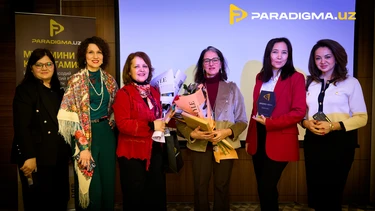In Afghanistan, Abandoned by NATO and the U.S., Uzbekistan Implements a New Strategy
After the Taliban returned to power in Afghanistan, NATO and U.S. forces withdrew from the country. Following their departure, Central Asian neighbors, as well as Iran, China, and Russia, began seeking closer engagement with Afghanistan. Uzbekistan’s former ambassador to the U.S. and head of the International Institute for Central Asia in Tashkent, Javlon Vakhabov, described Uzbekistan's rapprochement with Afghanistan as “stability.” This analysis was published by Oilprice.com.
Politics
09.06.2025, 15:47
Share:
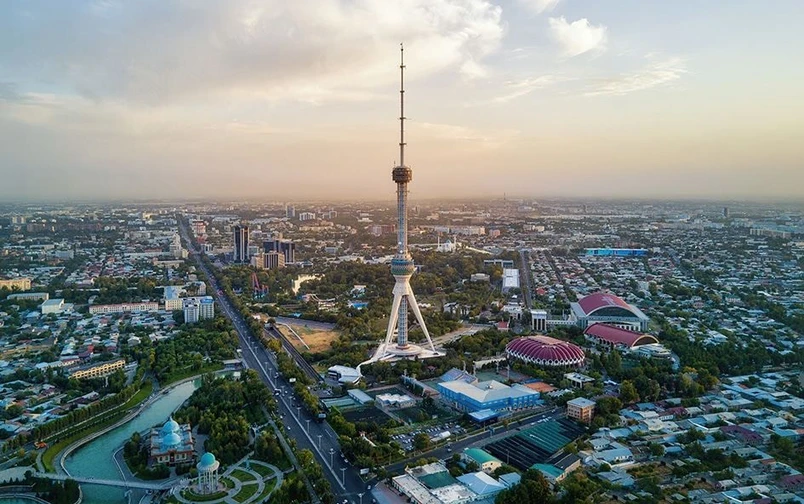
According to Vakhobov, Uzbekistan prefers a pragmatic approach over isolating Afghanistan; this policy balances humanitarian assistance with regional security.
Uzbekistan’s dialogue with the Taliban began long before NATO’s withdrawal from Afghanistan.
In 1997, the late President Islam Karimov proposed the "6+2" format on Afghanistan. This initiative recognized that peace must be achieved through dialogue and political agreement, not military force. However, the group failed to bring the Taliban and the Afghan Northern Alliance to the negotiating table.
Central Asia’s resources spark a new global scramble.
In March 2018, Uzbekistan hosted the Tashkent Conference, calling for direct, unconditional peace talks between the Taliban and the Islamic Republic of Afghanistan. Unfortunately, the Taliban declared they would only negotiate with the “foreign occupying force” of the United States and insisted that foreign troops must leave before any talks could begin.
Tashkent has continuously supported engagement with the Taliban-run government. After the fall of Kabul in August 2021, Uzbekistan led efforts to release the $9 billion in Afghan state assets frozen by the U.S. and European authorities.
Central Asia is a region of water stress, with Uzbekistan and Turkmenistan falling into the “severe” category. The construction of the Qosh Tepa Canal posed a potential 15–20% reduction in Amu Darya water flow—catastrophic for agriculture in Uzbekistan and Turkmenistan. (Agriculture accounts for ~25% of Uzbekistan’s GDP and employs ~26% of its labor force.)
In April 2025, Uzbekistan and Afghanistan reached an agreement to jointly manage water resources in the Amu Darya basin.
While Uzbekistan has not formally recognized the Taliban government, this water cooperation demonstrates the increasing institutionalization of bilateral relations. Tashkent’s priorities encompass not only water but also addressing the threat from approximately 20 terrorist groups reportedly sheltering in Afghanistan.
To manage water-related challenges peacefully, a key step would be to integrate Afghanistan into the 1992 Almaty Agreement, which governs Soviet-era water allocations among Central Asian republics. By joining the Interstate Commission for Water Coordination (ICWC), Afghanistan would become part of the solution, learn regional “rules of the road,” and help officials better understand Taliban leaders’ personalities, motivations, and priorities.
Other initiatives include:
- Termez Free Economic Zone: Offers two-week visas for Afghan nationals, with customs, hotel, storage, and capacity for 100,000 trucks and 900,000 tons of goods annually.
- Trans-Afghan Railway: A $7 billion, 765 km rail link to Pakistani ports, expected to reduce transport costs by 30–40%. Uzbekistan may also study extending the line from Hairatan to Herat, enabling trade with Iran and Turkmenistan.
- Surkhan–Puli Khumri Power Line: A 1,000 MW line supporting electrification of Afghan transport and potentially connecting to the CASA‑1000 project with Tajikistan, Kyrgyzstan, and Pakistan. Currently, Uzbekistan supplies about 60% of Afghanistan’s electricity.
Once operational, electricity exports to Afghanistan would rise by 70%, delivering up to 24 million kWh per day (about 6 billion kWh annually). The project spans 245.6 km—45 km in Uzbekistan (already completed) and 200.6 km in Afghanistan. This line will boost power availability and electrify the Hairatan–Mazar-i-Sharif railway, replacing diesel with cleaner electric locomotives and cutting transport costs.
In 2024, trade between Uzbekistan and Afghanistan reached $1.1 billion, predominantly Uzbek exports. Tashkent views Afghanistan not as a threat, but as a regional bridge.
Though terrorism remains a concern, intelligence cooperation between the Taliban and U.S. against Al-Qaeda and IS‑K is contributing to stabilisation efforts.
Greater trade may not alter extremist ideologies, but economic opportunity can impede recruitment. Funding Afghan madrassas could help detoxify the education system. If the Taliban prioritize public welfare and business, they can gain legitimacy. While the U.S. may disapprove, after two decades of turmoil largely linked to foreign intervention, Washington should encourage any action that helps Afghanistan generate income outside of poppy cultivation.
External interference has often caused tragedy in Afghanistan. However, if Tashkent can engage with moderate and outward-looking Taliban elements in Kabul, it might shift power away from harder factions in Kandahar.
Uzbekistan may play a crucial role in Central Asia’s critical mineral industry, helping to secure supply chains for the U.S. The U.S. relies entirely on imports for 12 of its 50 critical minerals, and more than 50% for another 32. Central Asia and Afghanistan are resource-rich but face transport and water constraints. New Chinese technologies might triple production capacity while reducing pollution—but this places China in a dominant position, potentially problematic for Washington.
Even partial completion of the Trans-Afghan railway could enable mineral shipments from Afghanistan to processing centers in Central Asia, Russia, or China. Yet, Washington and Brussels need to invest significantly to prevent these resources from falling into the hands of Russia or China.
As a double landlocked country, Uzbekistan sees Afghanistan connectivity as a route to South Asia via Pakistan’s Karachi and Gwadar ports. Meanwhile, trade with Iran via Bandar Abbas/Chabahar and access to the North-South Corridor thematizes a “Plan B” if the Afghan route faces challenges.
Over the past decade, Tashkent has aimed to turn Central Asia into a “safe neighborhood.” Its priorities—peaceful border resolution and broad-based governance in Kabul—align with Washington’s interests. But Central Asian states conceive regional security more broadly, encompassing diplomacy, economic development, and regular political ties with Russia, China, Iran, and Afghanistan.
In April 2025, President Shavkat Mirziyoyev expressed readiness to work with the EU and other international partners to help Afghanistan “overcome the current crisis,” a move welcomed by the Taliban. EU Commission President Ursula von der Leyen and Council President António Costa visited Uzbekistan, committing to deepen ties with Central Asia—through FDI, critical minerals access, educational exchanges, and more. European partner engagement should support Afghanistan as a productive, secure member of the region, rather than a source of terrorism or narcotics.
Politics
09.06.2025, 15:47
Share:
Similar news
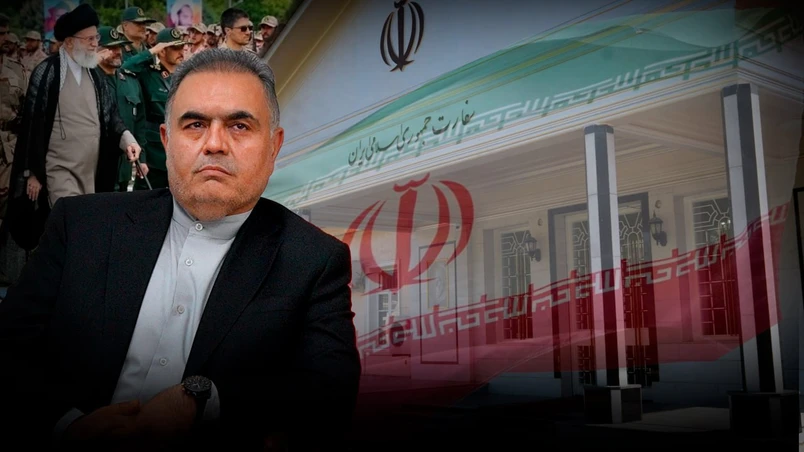
Embassy Statement: The U.S. and Israel Bear Full Responsibility for All Such Conflicts
Politics
25.06.2025, 13:18
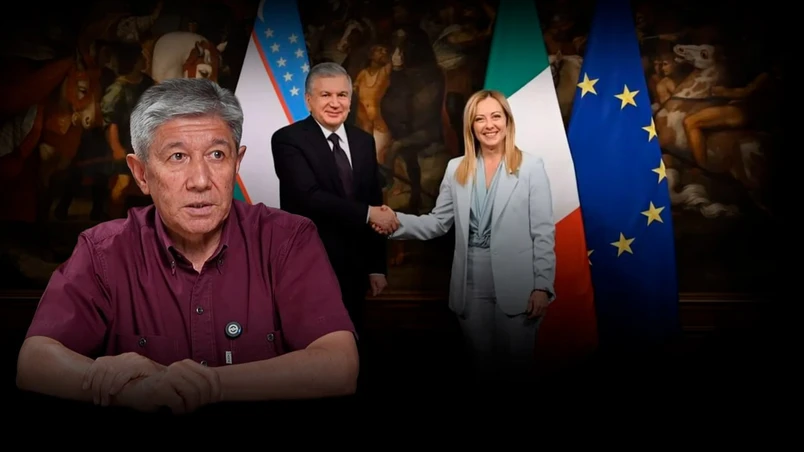
Do Human Rights in Uzbekistan No Longer Matter to Europe?
Politics
05.06.2025, 16:22
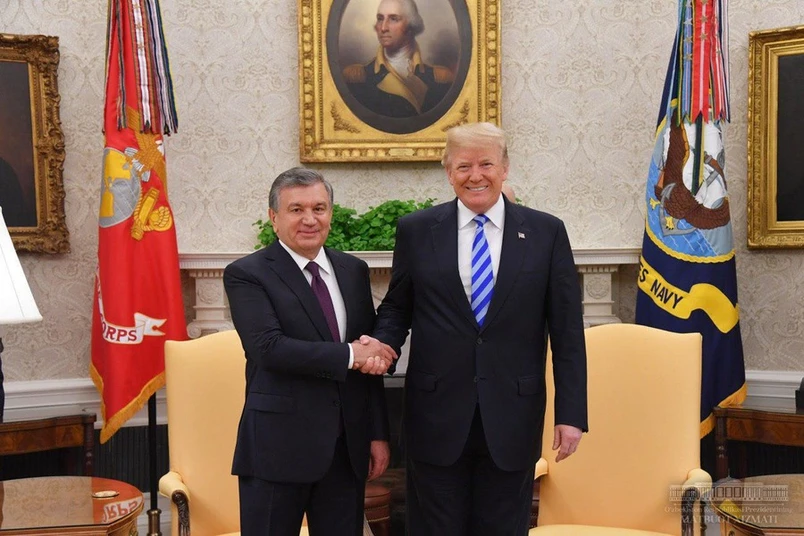
Donald Trump's visit to Uzbekistan: the truth behind strategic interests and diplomatic signals
Politics
29.04.2025, 17:39
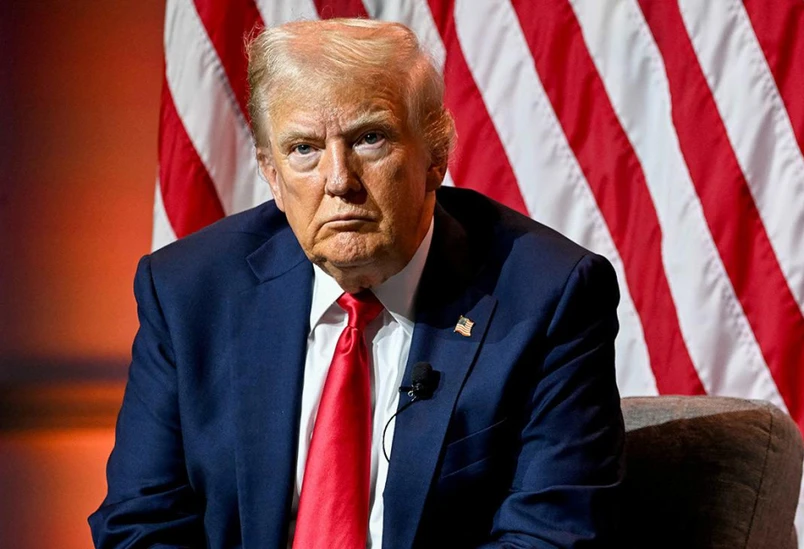
Trump Calls for Iran’s Unconditional Surrender – NYT
World
18.06.2025, 00:53
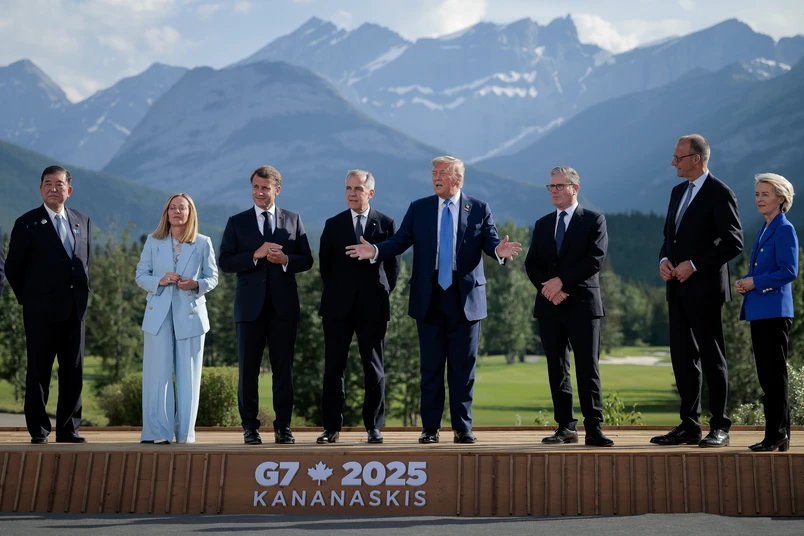
G7 Fully Supports Israel – Media Reports
World
17.06.2025, 14:44
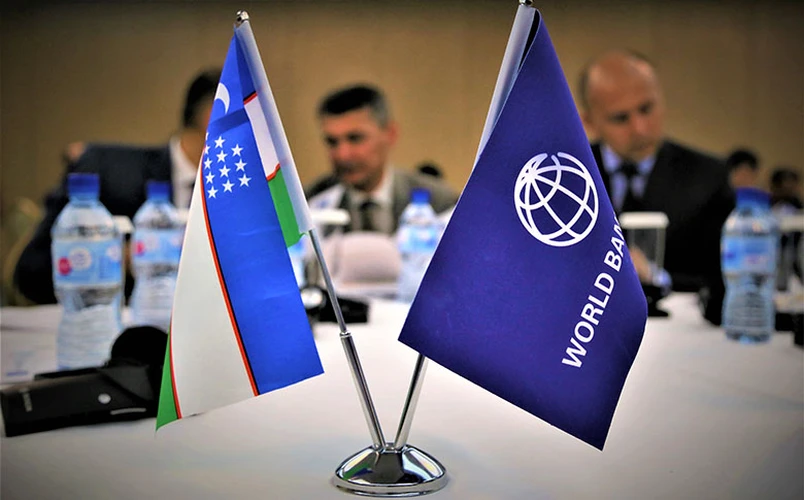
World Bank Allocates Another Concessional Loan to Uzbekistan
Economy
21.05.2025, 09:51
Latest news
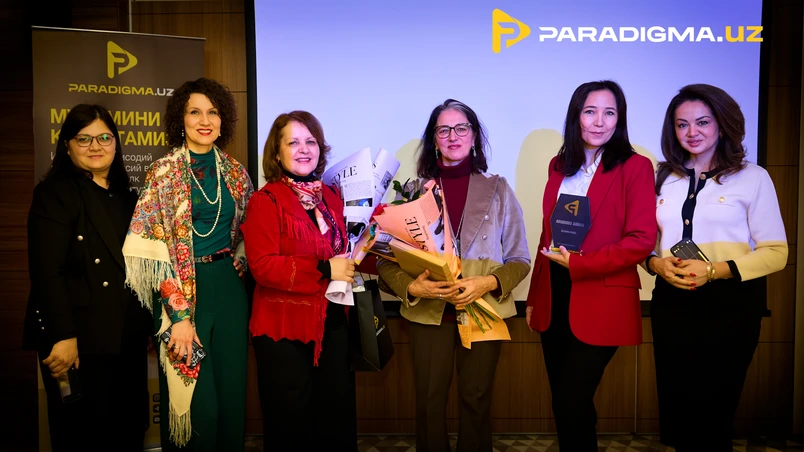
Paradigma Media Honors Eight Voices in Journalism and Civil Society
Cultural
02.02.2026, 19:18

Canadian singer David Carroll addresses Uzbeks
Uzbekistan
25.10.2025, 14:19
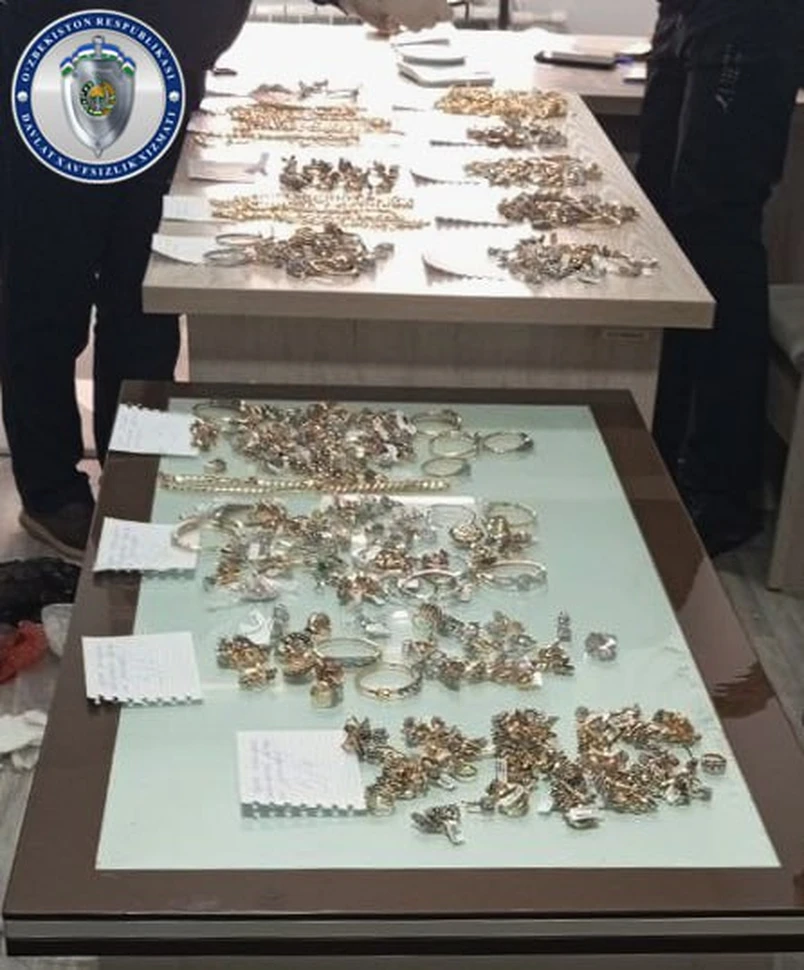
Man Caught Smuggling 5.2 Billion UZS Worth of Gold Jewelry from Kyrgyzstan into Uzbekistan
Uzbekistan
18.07.2025, 10:07
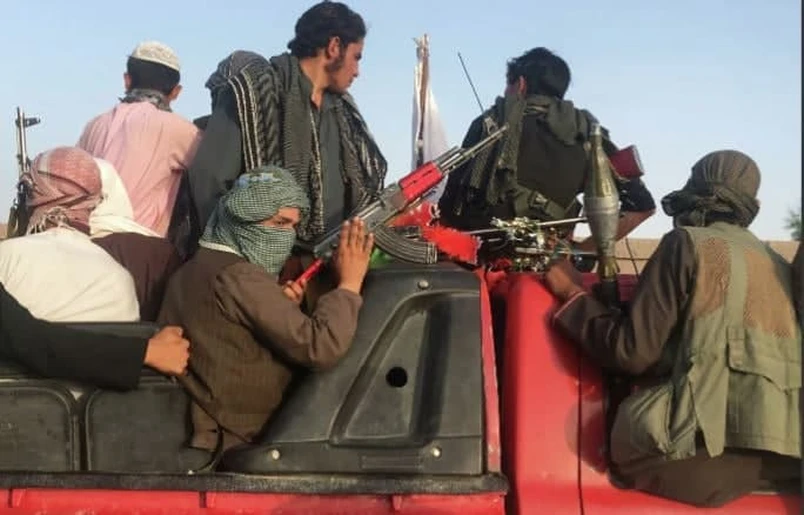
Are the Taliban's actions in Badakhshan part of their foreign policy tactics?
World
15.07.2025, 10:57
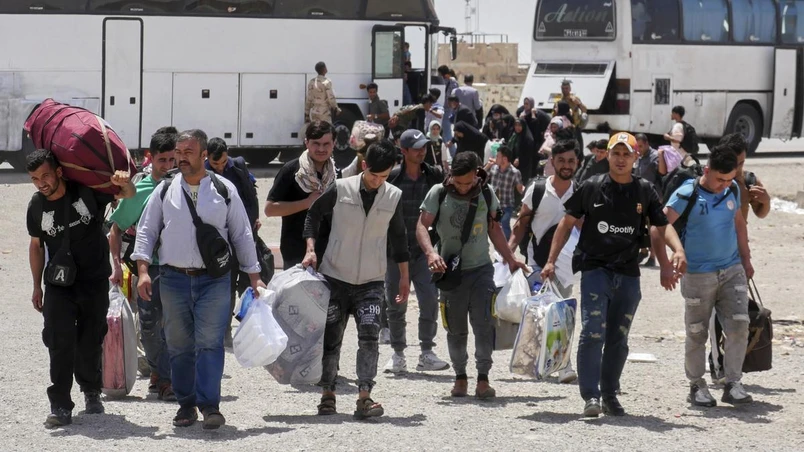
Iran and Afghanistan: A New Wave of Deportations
Politics
11.07.2025, 12:20
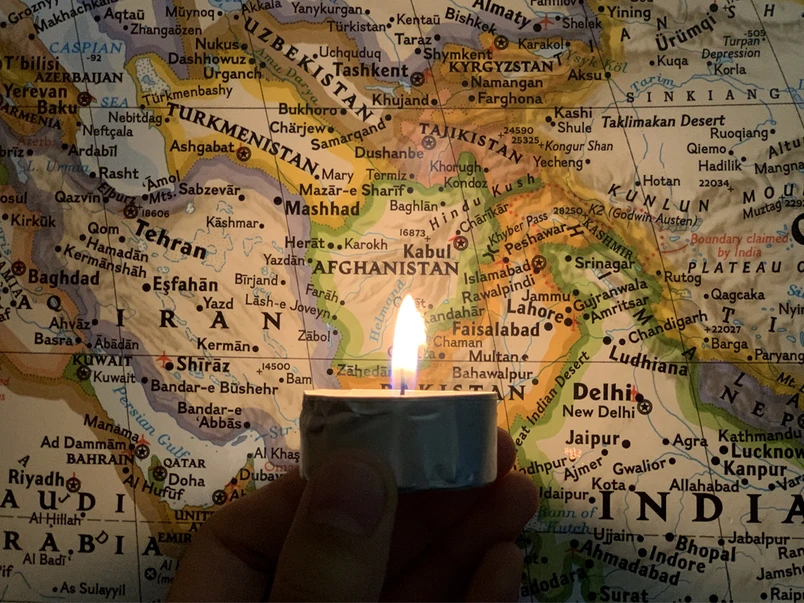
Afghanistan on the Geopolitical Chessboard of the Middle East
World
01.07.2025, 13:07

The Impact of India’s Nationalist Policy on Domestic Political Stability and Territorial Integrity
Politics
30.06.2025, 11:38

Embassy Statement: The U.S. and Israel Bear Full Responsibility for All Such Conflicts
Politics
25.06.2025, 13:18

Trump Calls for Iran’s Unconditional Surrender – NYT
World
18.06.2025, 00:53

G7 Fully Supports Israel – Media Reports
World
17.06.2025, 14:44
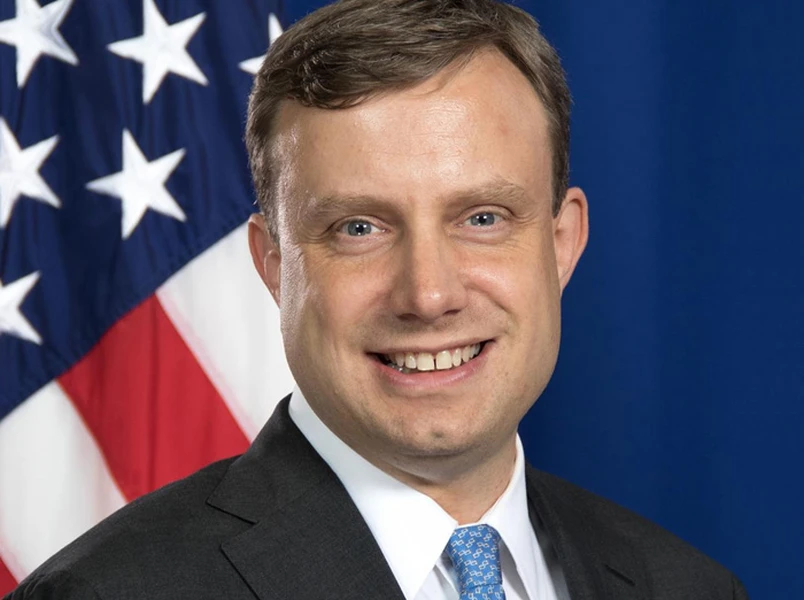
Eric Meyer, Senior Official of the U.S. Bureau of South and Central Asian Affairs, to Visit Uzbekista
Politics
09.06.2025, 13:53
